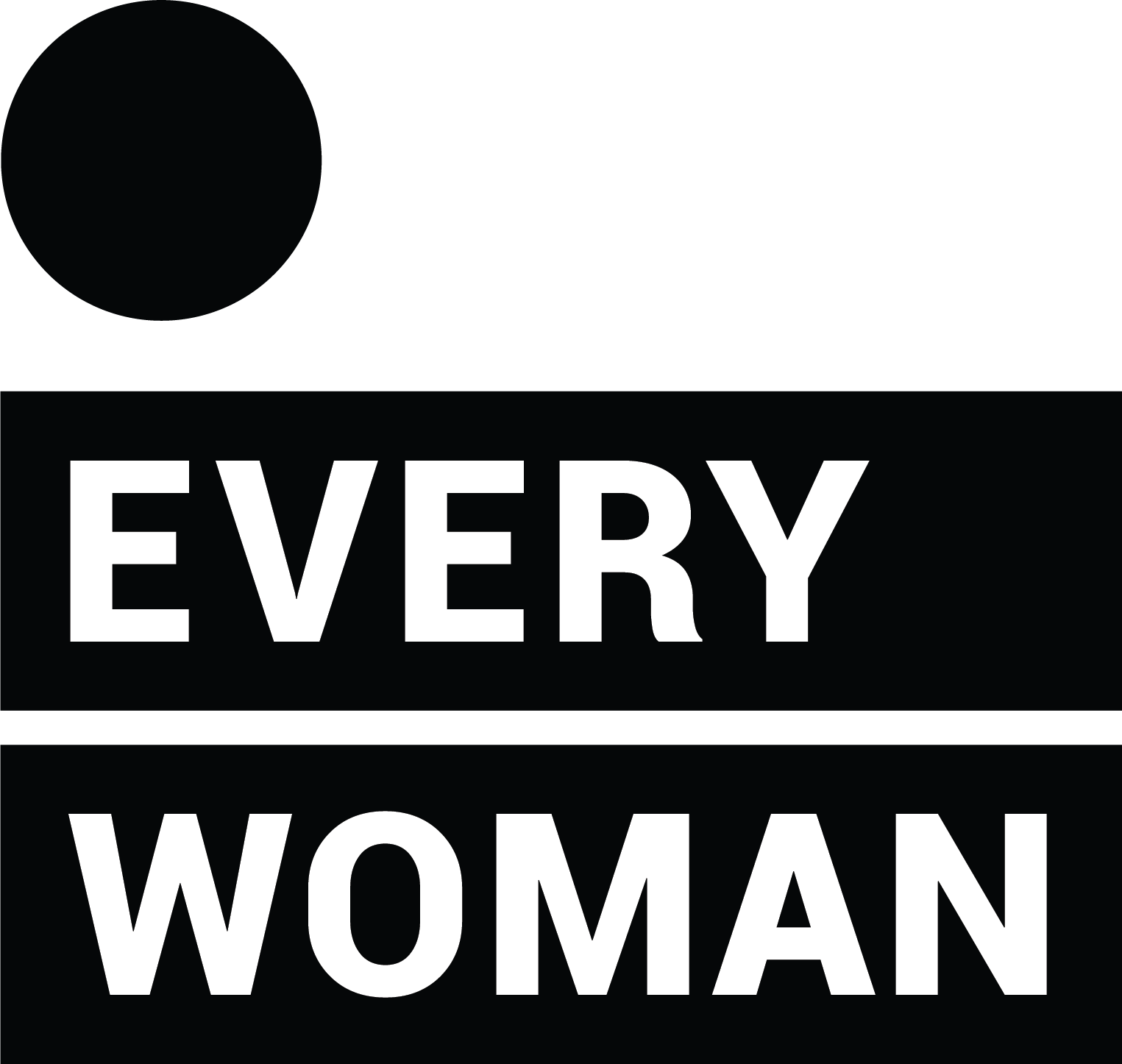
Optional Protocol
The Need for a new Optional Protocol to CEDAW to End Violence against Women and Girls
Violence against women is a solvable problem. The best path toward eradication is binding global policy.
Efforts to address the problem have been underway since the CEDAW Committee — the expert group that oversees the implementation of the CEDAW Convention — adopted General Recommendation 12 on violence against women and girls in 1989. Subsequent General Recommendations to the CEDAW (Recommendations 19 and 35) led to improved action by nations. Three regional treaties on violence against women and girls have also made progress, but they leave nearly 75 percent of the world’s women and girls without protection from a binding regional framework.
Despite efforts, the violence persists, demonstrating the need for a binding global framework to end violence against women and girls. Globally, one in three women experience intimate partner or sexual violence, a statistic the World Health Organization calls “devastatingly pervasive.” More than 133 women or girls are killed every day by someone in their own family. The widespread proliferation of technology has given rise to multiple new ways for men to harm and harass women, including revenge porn and gendered trolling. Global crises, including pandemics, climate change, and conflict, increase incidents of rape, assault and other forms of violence against women and girls. UN Women recently reported that “no country is within reach of eradicating intimate partner violence.”
As violence against women and girls is a widespread global problem, the best path toward eradication is a binding global instrument. A new Optional Protocol to CEDAW would give nations a roadmap on strategies proven to lower rates of violence against women and girls. A new Optional Protocol would:
- Codify norms and standards into a binding framework.
- Generate the momentum necessary to develop and implement stronger frameworks for domestic plans of action.
- Track States’ efforts to eradicate violence against women and girls against a set of standard benchmarks, which if done through a metrics-based approach, can lead to strong outcomes.
A new Optional Protocol to CEDAW to end violence against women and girls can deliver lower rates of violence across the world and create a safer world for women and girls everywhere.
Learn More: FAQ
Publications
Our research examines the global framework on violence against women and girls and reflects the work of legal scholars and experts on ending violence against women and girls.
An overview of the call for a treaty and its rationale. (Available in Arabic, English, French, Spanish)
Safer Now looks at the rise in violence against women and girls and why a global treaty is the best step the world can take.
Safer Sooner identifies gaps in the international legal framework on violence against women and maps how a new treaty would promote a woman’s right to live free from violence.
JOIN THE CALL
I stand for a life free from all forms of violence for every woman and girl, everywhere.
I hereby join the call for a global treaty in the form of a new Optional Protocol to CEDAW to eradicate violence against women and girls.
*By signing you will be added to our mailing list. You can choose to opt out from the signature confirmation email.

JOIN THE CALL
I stand for a life free from all forms of violence for every woman and girl, everywhere.
I hereby join the call for a global treaty in the form of a new Optional Protocol to CEDAW to eradicate violence against women and girls.
*By signing you will be added to our mailing list. You can choose to opt out from the signature confirmation email.




